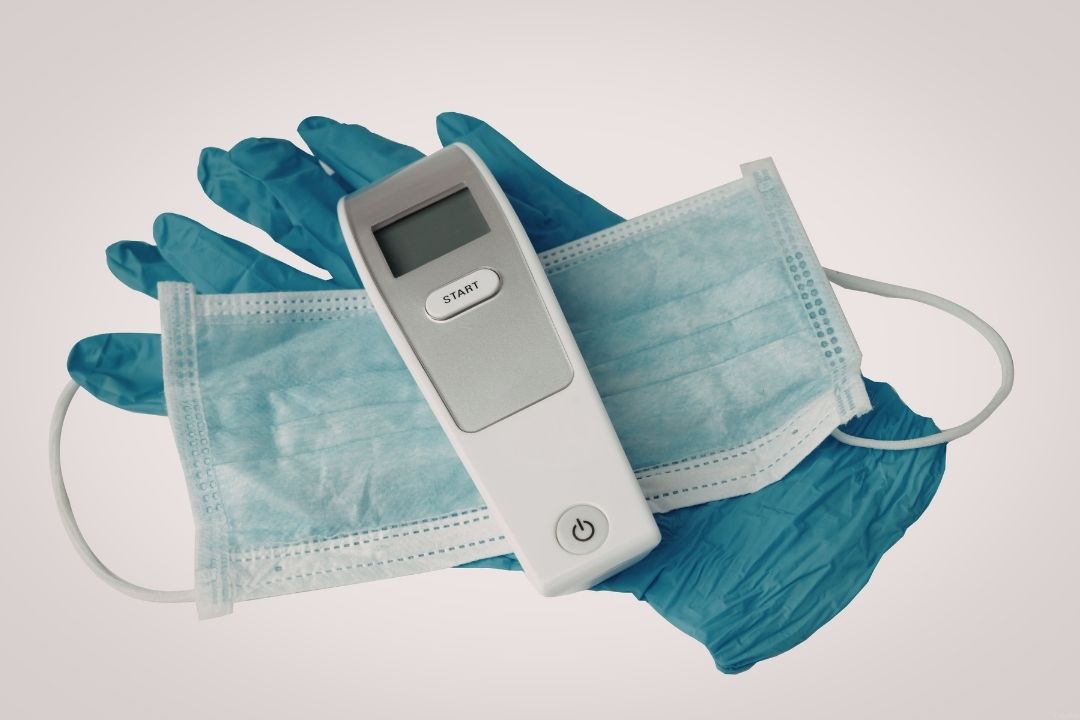
Understanding what “compact nursing state” means
Mobility and flexibility are critical for today's nursing workforce. Many nurses find themselves wanting to work in multiple states, whether to pursue travel nursing, relocate for personal reasons, or simply take advantage of more job opportunities. That’s where the Nurse Licensure Compact (NLC) — also known as the Enhanced Nurse Licensure Compact (eNLC) — comes into play.
The compact allows nurses to hold one multistate license that grants them the ability to practice in all participating states without having to apply for new licenses in each one. This is particularly valuable for telehealth, rapid deployments during emergencies, and for military spouses who often relocate.
But where does Minnesota stand in all this? Is Minnesota part of the compact, or are nurses still required to go through separate licensure processes? Let’s take a closer look.
Current status: is Minnesota a compact nursing state?
Minnesota is currently not a compact state
As of 2025, Minnesota is not a Nurse Licensure Compact (NLC) state. That means nurses licensed in Minnesota have a single-state license and cannot use it to automatically practice in other compact states. Likewise, nurses who hold compact multistate licenses from other states cannot practice in Minnesota without applying for a Minnesota license.
According to the Minnesota Board of Nursing, while discussions have taken place and legislation has been introduced, Minnesota has not enacted the compact. This places it in the same category as other large states like California and Washington, which also remain outside of the agreement.
History and legislative efforts in Minnesota
Minnesota has debated joining the compact for over a decade. Nurse surveys in 2017 showed strong support among working nurses, with more than 80% in favor of joining the compact. Despite this, legislation has consistently failed to advance or has stalled due to lack of consensus.
Most recently, bills have been introduced in the state legislature to align Minnesota with the eNLC, but progress has been slow. Advocacy from both sides — those in favor and those opposed — has kept the issue alive but unresolved.
In short, Minnesota nurses are still waiting for compact membership, with no firm timeline for when — or if — it might happen.
Why Minnesota hasn’t joined the compact
Concerns about regulatory oversight
One of the biggest barriers to Minnesota joining the compact is concern over regulatory authority. Critics argue that if Minnesota were to join the eNLC, the state would lose a degree of control over nursing licensure and discipline. Some professional associations worry this could make it harder to ensure that nurses practicing in Minnesota meet the state’s specific standards of care.
Financial considerations
Licensing fees also play a role. When a nurse applies for a license in Minnesota, the fees collected go directly to the state. If Minnesota joined the compact, the number of new applications from out-of-state nurses would decrease, potentially leading to a loss of revenue for the Board of Nursing.
Although supporters argue that the benefits of joining — including attracting more nurses to the state — outweigh these concerns, financial considerations remain a sticking point.
Political resistance and stakeholder concerns
The Minnesota Nurses Association (MNA) has historically opposed the compact, citing concerns about protecting patients and maintaining high standards for the profession. The group argues that the compact could create gaps in oversight and reduce accountability for nurses who move across states.
On the political side, disagreements within the legislature and competing priorities have also prevented compact legislation from advancing. Even with strong grassroots support from many nurses, the issue continues to face resistance.
What this means for nurses
If you are licensed in Minnesota
If you are a nurse licensed in Minnesota, your license only allows you to practice in Minnesota. To work in another state, you must apply for endorsement or licensure in that state. This process typically requires submitting an application, paying fees, verifying your education and background, and sometimes completing additional steps depending on the state’s requirements.
For nurses interested in travel assignments or relocating, this can mean more paperwork, longer wait times, and higher costs.
If you hold a compact license elsewhere
If you are licensed in a compact state and hold a multistate license, you cannot use that license to practice in Minnesota. Instead, you must go through Minnesota’s licensing process as if you were applying from scratch.
This adds another layer of complexity for travel nurses who might otherwise be able to take assignments in dozens of other states without issue.
In both cases, Minnesota’s absence from the compact creates extra barriers to flexibility and opportunity.
What’s next? Minnesota’s legislative outlook
Despite the current challenges, the issue isn’t closed. Bills related to compact membership continue to be introduced in the Minnesota legislature. Some lawmakers and nursing advocates argue that joining the compact would help address ongoing workforce shortages, especially in rural and underserved communities.
The COVID-19 pandemic highlighted the importance of nursing mobility. Many states that were once hesitant have since joined the compact to allow for quicker deployment of nurses during emergencies. This could eventually tip the scales in Minnesota as well.
For now, though, there is no definitive timeline. Nurses interested in seeing Minnesota join the compact are encouraged to follow legislative updates and consider voicing their support to lawmakers and professional organizations.
Minnesota’s place in the compact landscape
So, is Minnesota a compact nursing state? Not yet. While the state has considered it and continues to debate the issue, nurses in Minnesota currently hold only a single-state license. That means they face extra hurdles if they want to work across state lines, and nurses from other compact states must go through the Minnesota licensure process before they can practice there.
The debate comes down to questions of oversight, revenue, and politics, and while there are strong arguments on both sides, the result has been a long period of inaction. For now, Minnesota remains outside the compact, leaving nurses to navigate a more complex licensing system.
If you want to learn more about how compact nursing works, check out our related resources:
- Understanding nurse compact states: Advantages of the nursing compact license
- How to apply for a compact state nursing license
The compact continues to grow, and Minnesota could still join in the future. Until then, nurses should stay informed and prepared for additional steps when seeking opportunities outside the state.





